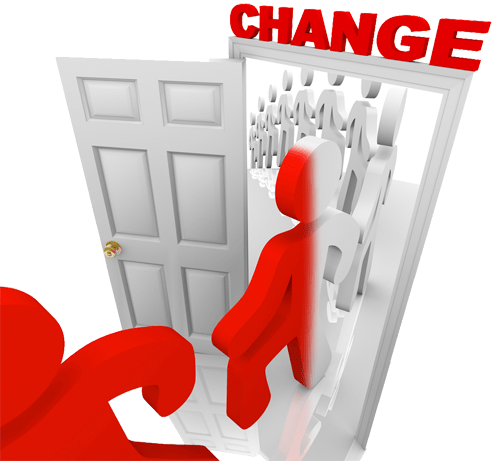Being A Change Agent

In the world of after-school you have an opportunity every day to change the life of a young person. You can do that while applying the 3 R’s of after-school: Relationships, Relevance, and Rigor. You can do this in a variety of ways—all of which sound easy but require that you are thoughtful and intentional.
Lead by example: Youth are watching you and everything you do, you say, you wear, you model in any way will serve as justification for the behavior each of them demonstrates. Pay attention to what you do and say, the subtleties of your body language and facial expressions will share more information than your words. Play back the “movie in your mind” at the end of the day and ask yourself if you would be pleased to have youth act like you.
Provide learning experiences: After-school programs are not expected to create learning experiences in the same way as the instructional day. Your program is a place for hands-on, cooperative group, relevant and rigorous learning opportunities. There is no need to simply read about how the stomach works, you can make them out of plastic zipper bags. Create a “stomach” by adding water and food into a plastic baggie. Simulate digestion by massaging the “stomach” as it churns on the food you have placed inside. Demonstrate the value of stomach acid, try adding vinegar to the water and food inside the bag and see what happens. This hands-on opportunity to see the stomach in action will be more relevant (and more memorable) than simply reading about the digestion system. When deciding on what learning experiences to provide, line up with school day instruction. Additional experience and learning in the after-school program will provide students with the background knowledge needed to participate more fully in school day classes.
Stretch the thinking of youth: Operate on the core value of Current Best Thinking (CBT). This value allows you to learn new things and willingly change your mind as you gather more information. Stretch young people to examine CBT through discussions with one another. One way to do this is to ask young people to make a list of things they are interested in—not so much things like skateboarding, cooking, and soccer, but things like immigration, what is happening to jobs, or gangs. Find an article or other piece of information, ask the youth to read the source material, and then engage them in a discussion about what they think. This won’t be easy the first time, but the rigor of this type of activity will promote thinking, examination of opinions, and quite possibly, new CBT which will lead to change.
As an after-school professional, you are uniquely positions to make a difference. Take advantage of the opportunity.
Learn more about Consult 4 Kids by checking us out on our website at www.consultforkids.com or by calling us at (661) 665-8270.
